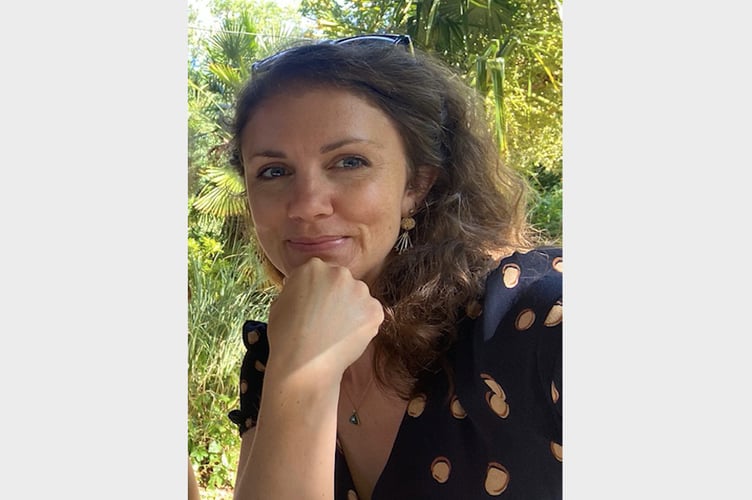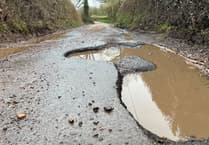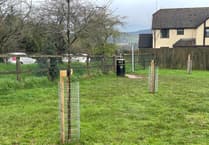HOPE can feel like a fragile thing. Or perhaps even naïve.
We live in a time of uncertainty, and hope can feel hard to find amongst deepening inequality, world leaders that seem more foolish than wise, a climate on track to warm beyond what ecosystems and humanity can handle, and politics that encourages division rather than wholeness.
It can be easy to wonder where to place our hope that is not naïve or fleeting, but is something deeper that can sustain us and the world.
Hope is hard, and it is not an automatic response to despair.
It is not simply an optimism that things will work out. Hope is something we have to choose, over and over again, even when the world does not make it easy to do so.
Vaclav Havel, the Czech playwright and former dissident who led his nation after the collapse of communism, said that hope is “not the conviction that something will turn out well, but the certainty that something makes sense, regardless of how it turns out.”
Hope, then, is not about certainty at all. I think it is about persistence. It is about looking at the world as it is and deciding not to turn away, not to become hardened or indifferent.
It is about noticing and tending the lights that glow even when things seem dark.
Hope does not always arrive in big gestures, great leaders, or inspiring movements. Often, I think, it is quiet, perhaps found in the relationship-scale acts of care that sustain us: a neighbour offering help, or people gathering around a table, or choosing to be kind even when we feel grumpy.
Hope builds us and the world we want to see. It is a posture to adopt now which invites the future, even when there are no guarantees what that future will bring.
For many people of faith, hope is something we try to live by. Real hope is not blind faith or easy comfort – it is the belief that love is real and world-changing, that kindness matters, that every small act of justice and generosity bends the world a little more toward goodness.
It is the belief that despair is never the final word. Christians are called to draw on a hope that is beyond what we can create on our own – it is found in God, in love, in the light of countless generations who have hoped against all odds and have passed the torch onto us.
But this is not only a Christian hope. It is human hope, and whether we find it in faith, in nature, in people, or in the work we do, it is I think what keeps us moving forward when the world feels uncertain.
It is what tells us to keep showing up for one another. Hope is a choice to make not because it guarantees a particular future, but because it makes sense now, whatever the outcome.
We do not know what the future will hold, but hope keeps light shining in the dark.
Elizabeth Lloyd
Crediton Congregational Church




